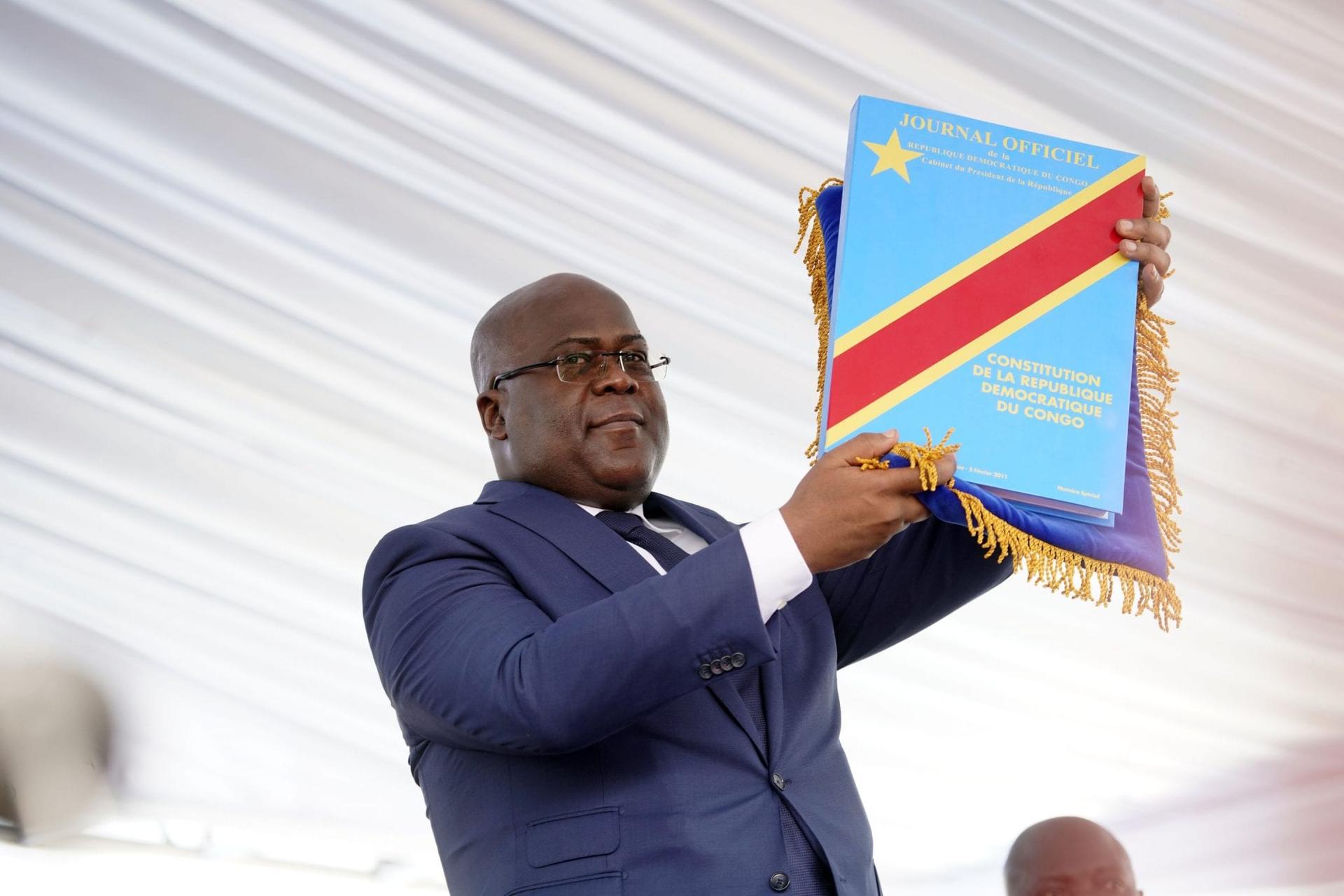YAOUNDÉ, Cameroon – After a presidential election marred by accusations of large-scale fraud, the Democratic Republic of Congo is facing more trouble in this month’s senatorial and gubernatorial elections.
The elections for the senate took place on March 15, while governors are scheduled to be elected on March 26.
Ahead of the vote, Catholic bishops in the nine dioceses of the ecclesiastical province of Kisangani, in the country’s northeast, condemned the corruption that has infested the country.
“We are today witnessing another deceit: That which consists in buying access to governorship and to the senate. This vast campaign of corruption is a force of massive national destruction. What can we really wait for from political leaders who, shamelessly, buy the votes of their voters,” said Father Archange Kampi, the executive secretary of the provincial bishops’ conference, after the prelates met on March 9.
The Congo bishops’ conference disputed the results of the Dec. 30 national election after opposition leader Felix Tshisekedi was declared the winner.
Runner-up Martin Fayulu claims he got a majority of the vote, and Tshisekedi made a deal with outgoing president Joseph Kabila to steal the vote.
In a March 2 statement, the national bishops’ conference said “solid and democratic institutions of a nation can only be based on ethical values.”
The Congo bishops said there are non-negotiable values, including respect for the dignity of the person, truth, national cohesion, justice and peace.
“For this reason, the Congo bishops’ conference will continue its civic and electoral education program for the population as well as its commitment to Citizen Election Observation for credibility,” the statement said.
The bishops asked for newly-elected officials to “break radically” with the old regime and give “concrete assurances” of better governance.
The bishops made specific recommendations on the political, security, human rights, economic, and diplomatic fronts.
On the political level, they called for the establishment of the rule of law, the easing of the present political climate, the strict respect of the Constitution, and the completion of the electoral cycle “in truth and transparency.”
On the security front, the bishops highlighted safeguarding territorial integrity, protecting people and their property, securing the country’s borders, and pacifying insecure areas.
In the sphere of human rights, the prelates called for the respect of fundamental freedoms, including freedom of expression and peaceful protest.
On the economic level, they mentioned good governance, the fight against corruption, improving the living conditions of the people, and the just exploitation of natural resources.
Finally, on the diplomatic front, the bishops called on the government “to restore the image of our country and always place the best interests of the Congolese people at the center of all negotiations.”
Tshisekedi has said he is concerned about the increasing reports of corruption around the senatorial and gubernatorial elections, and has already announced he might try and revise the indirect method used to elect the officials.
“We will not be able to eradicate corruption by the simple fact of being in power as this phenomenon has been ingrained in the Congolese habits and traditions for many decades,” the president told reporters Feb. 26.
He said he “firmly condemned” corruption and promised that one of the ways of fighting electoral fraud “is to change the way through which senators and governors are elected.”
“We need to think of a way of changing this system and give the people the right to choose their representatives directly, as happens during national legislative, provincial and presidential elections,” Tshisekedi said.
He said his five-year mandate will focus on the fight against corruption and promised to use all “democratic means to fight against the scourge.”
Despite their concerns over the elections, the bishops have stated they want to give Tshisekedi “a chance to succeed.”
“The country needs a new leadership where the Congolese man will be at the center of the authorities’ concerns,” said Father Donatien Nshole, the bishops’ national spokesman.
Catholics make up nearly half of Congo’s 80 million people, and the nation’s bishops are held in high esteem.















